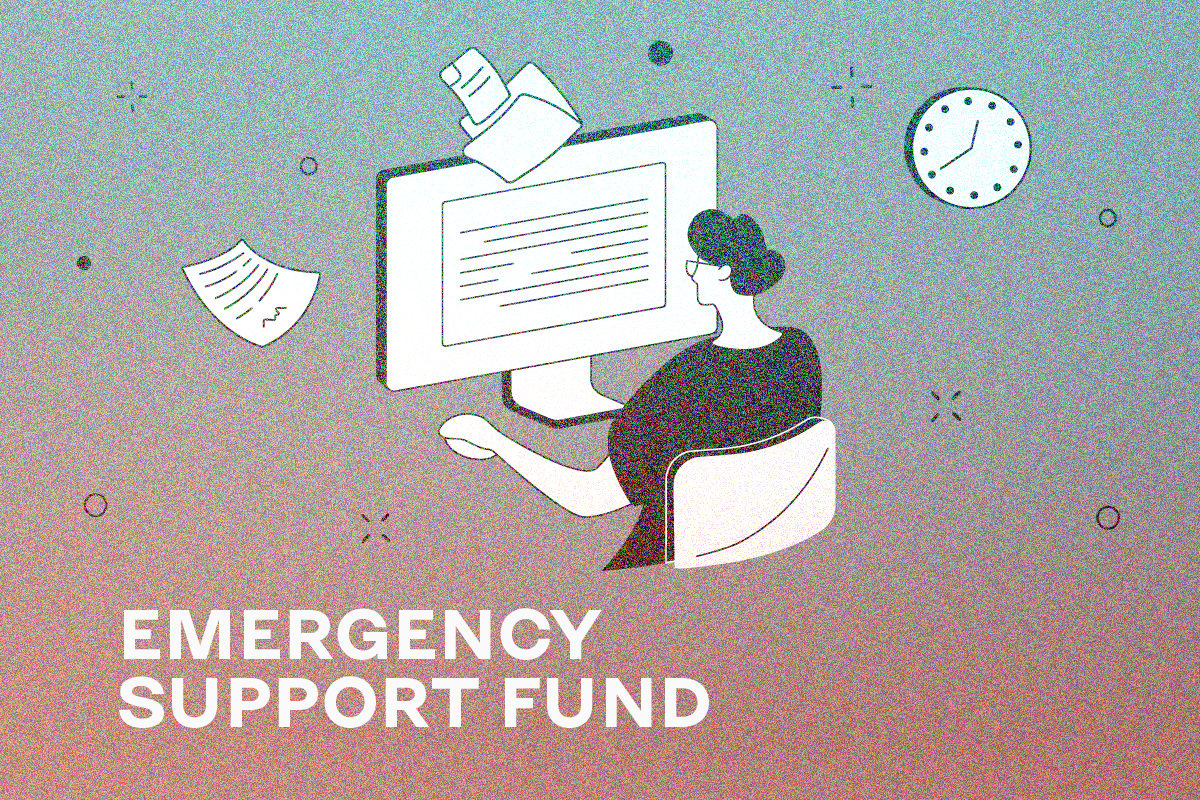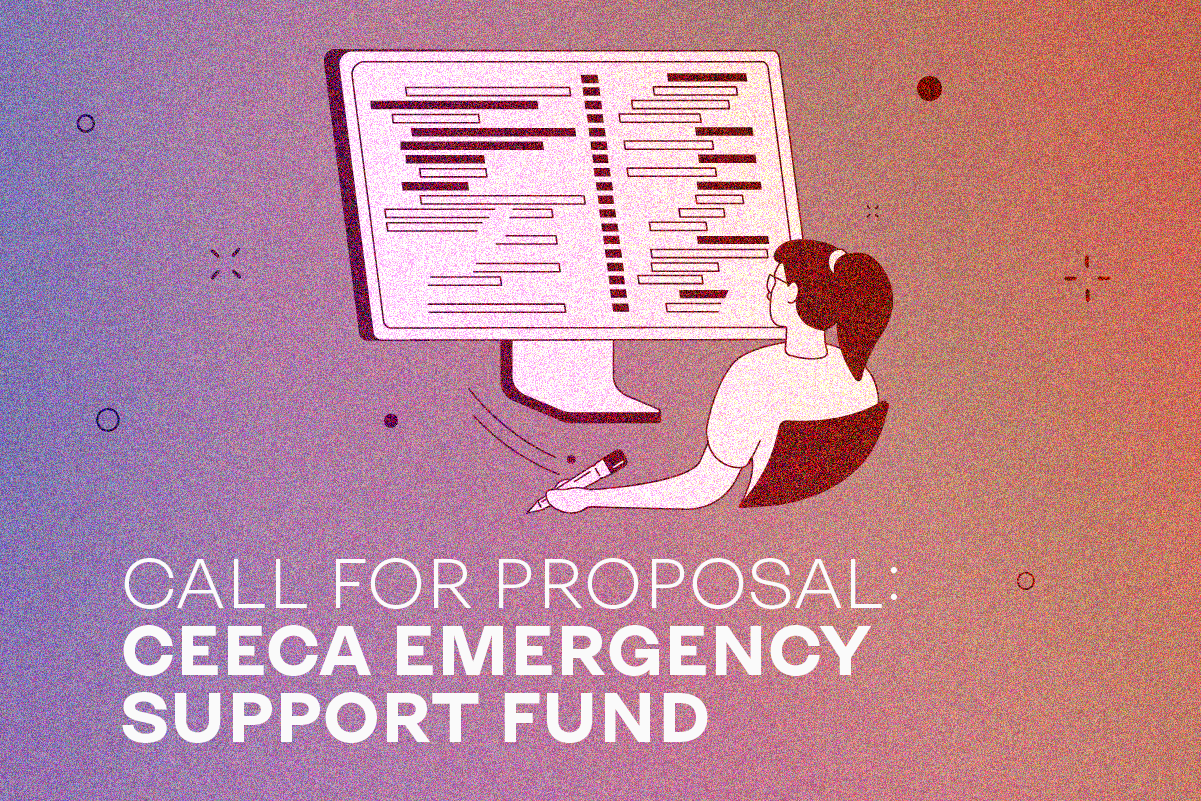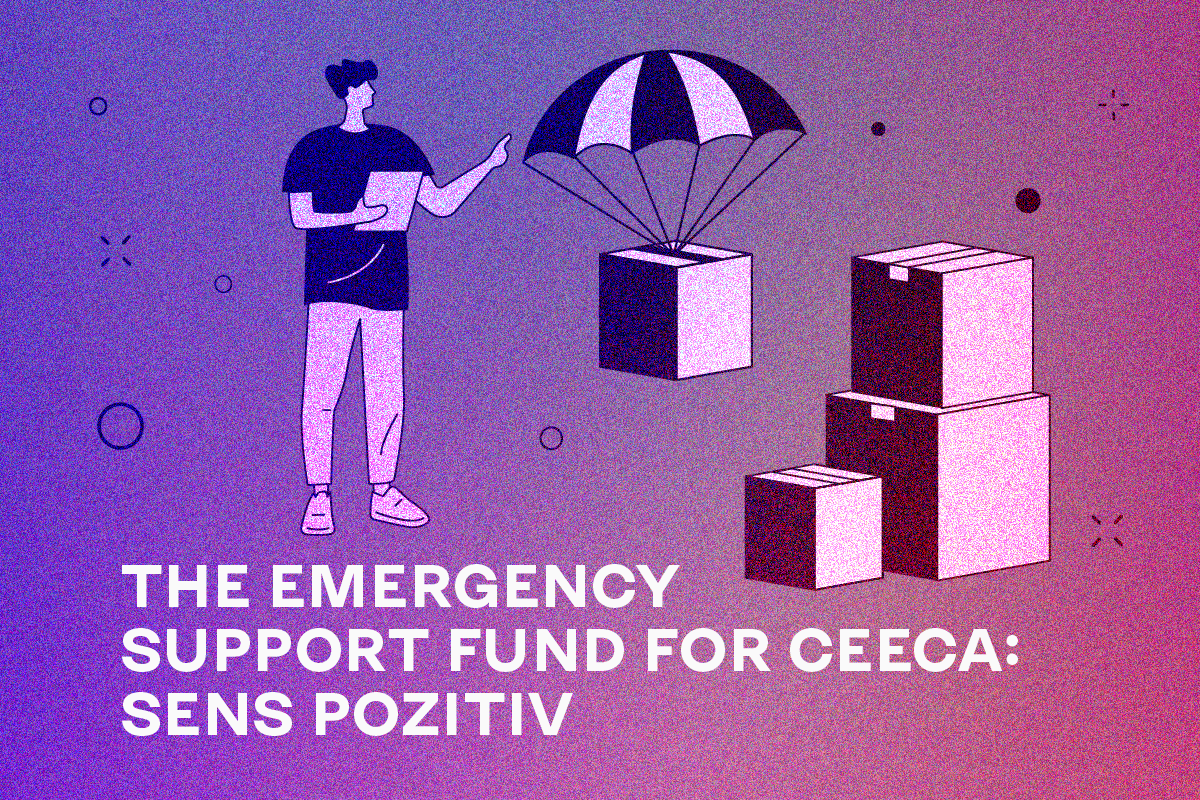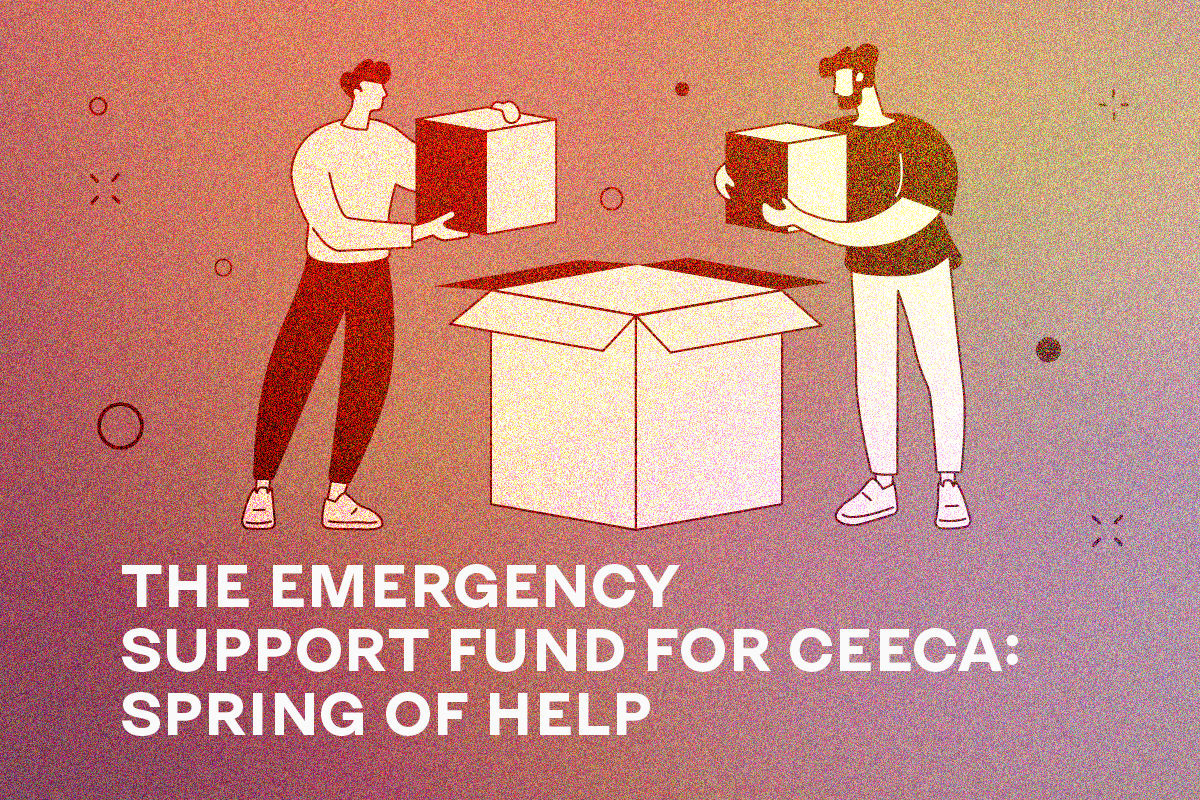LGBTQI community-based organization “Equality Movement” is a partner of ECOM in Georgia. It is implementing a project to reduce the negative impact of the Russian war against Ukraine on the access of key populations to HIV services and humanitarian assistance in the EECA region, which is helping LGBT people in migration to get settled in the country.
“Equality Movement” has been engaged in advocating for rights and social services for LGBTQI people, since 2011. Program Coordinator, Iason Shishniashvili says that before Russia’s full-scale invasion of Ukraine, the organization worked with migrants in frames of internal capacity, engaging social workers and lawyers resources. However, a full-scale war in the region posed new challenges for the community.
As part of the ECOM project, the organization helps LGBT people, primarily MSM and trans people, as well as people with HIV, who were forced to relocate to Georgia due to the Russian invasion in Ukraine.
From July to the end of 2023, there were 21 participants in the project.
What does the project offer?
- The main feature is outreach and communication
“We are closing the communication gap by accumulating information and referring beneficiaries to the necessary services, and informing them about what opportunities exist for them in Georgia,” says Iason Shishniashvili.
Speaking about the experience of the project’s social workers, Iason notes that for the most part, calls from beneficiaries were related to mental health and the need for the services of a psychologist and/or psychiatrist. Problems with addiction were also noted.
The most pressing problems were financial issues and difficulties with relocating.
- Case management
Referring beneficiaries to services is one of the core areas of expertise of the “Equality Movement”. Outreach workers most frequently refer beneficiaries to services such as ART, PrEP, and PEP.
Iason notes that there are problems with ART or the treatment of other STDs: “Ukrainian refugees have the right to free tests and consultations. However, if they leave and return to the country again, they need to re-register, which complicates the process of accessing ART. They also need to pay for doctor’s consultations themselves if they have not yet received refugee status.”
For trans refugees, a key issue is the lack of free consultations with an endocrinologist, which becomes a financial problem for some members of the community.
- Distribution of informational materials
In reality, the success of the project largely depends on providing people with information through various communication channels. This is emphasized by “Equality Movement”. This helps to reach as wide a target audience as possible so that social workers can refer clients to the services that they need.
Iason also notes the importance of the project for strengthening the expertise of the organization itself: “Equality Movement is the one of the major service provider organizations. The HIV and other STDs prevention purposes need to see this new group and understand their needs.”
“Equality Movement” notes that the flow of people coming to Georgia is not stopping. Many see the country as a transit zone, on the way to EU countries, for example. The services provided by the project will continue to be relevant in the future.
Based on the experience of six months of the project, ECOM partners identify the following needs for future interventions:
- The need to expand mental support programs for members of the community who have relocated;
- The need to expand the PrEP program and harm reduction programs;
- The need for humanitarian assistance;
- The need to conduct a national study on the needs of migrants in order to assess the impact of existing programs and coordinate new activities.
Following the start of Russia’s full-scale invasion of Ukraine, ECOM, in partnership with Aidsfonds (Netherlands) and the Alliance for Public Health (Ukraine), began implementing a program aimed at reducing the negative impact of the Russian war against Ukraine on the access of key populations (KP) to HIV services and humanitarian assistance in the region of Central and Eastern Europe and Central Asia (CEECA).
As part of this program, ECOM held two rounds of grant competitions, as a result of which 28 public organizations implementing projects for key populations in migration in the EECA region were selected.






